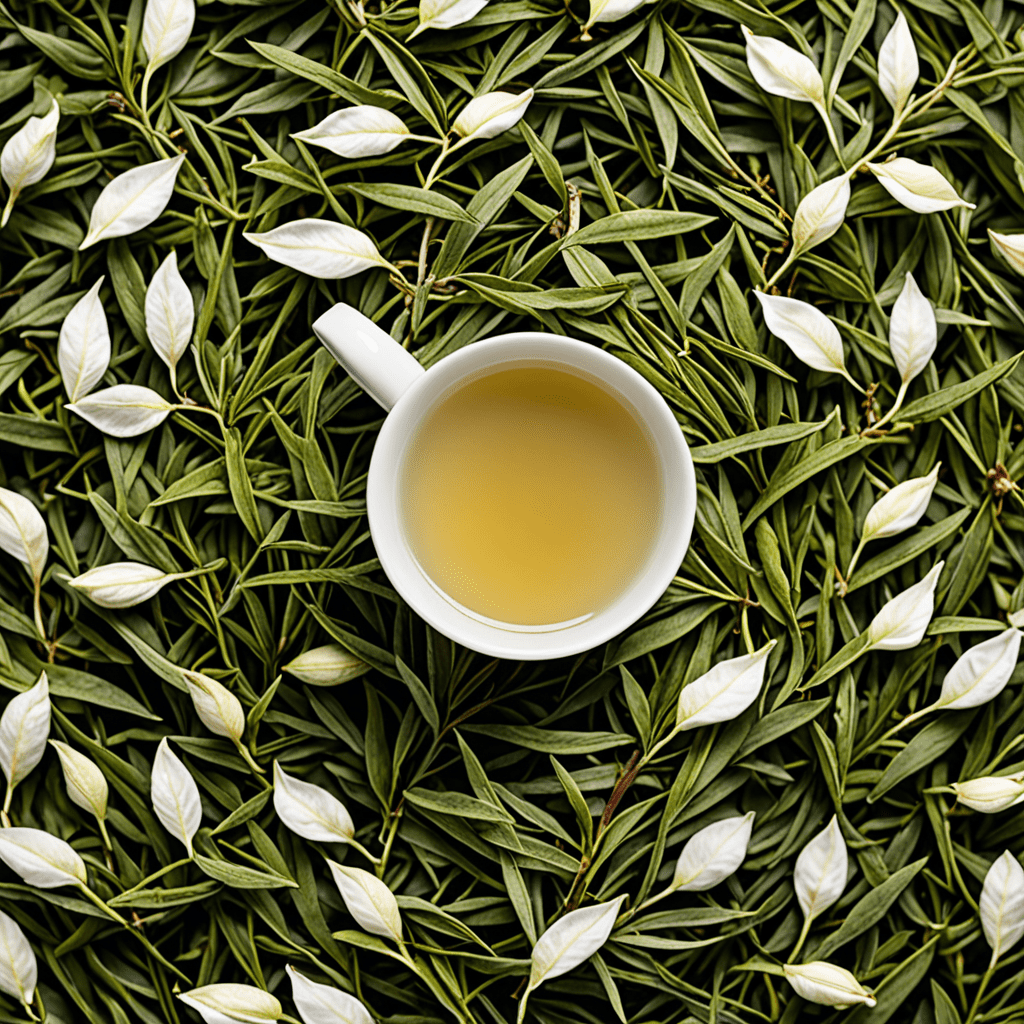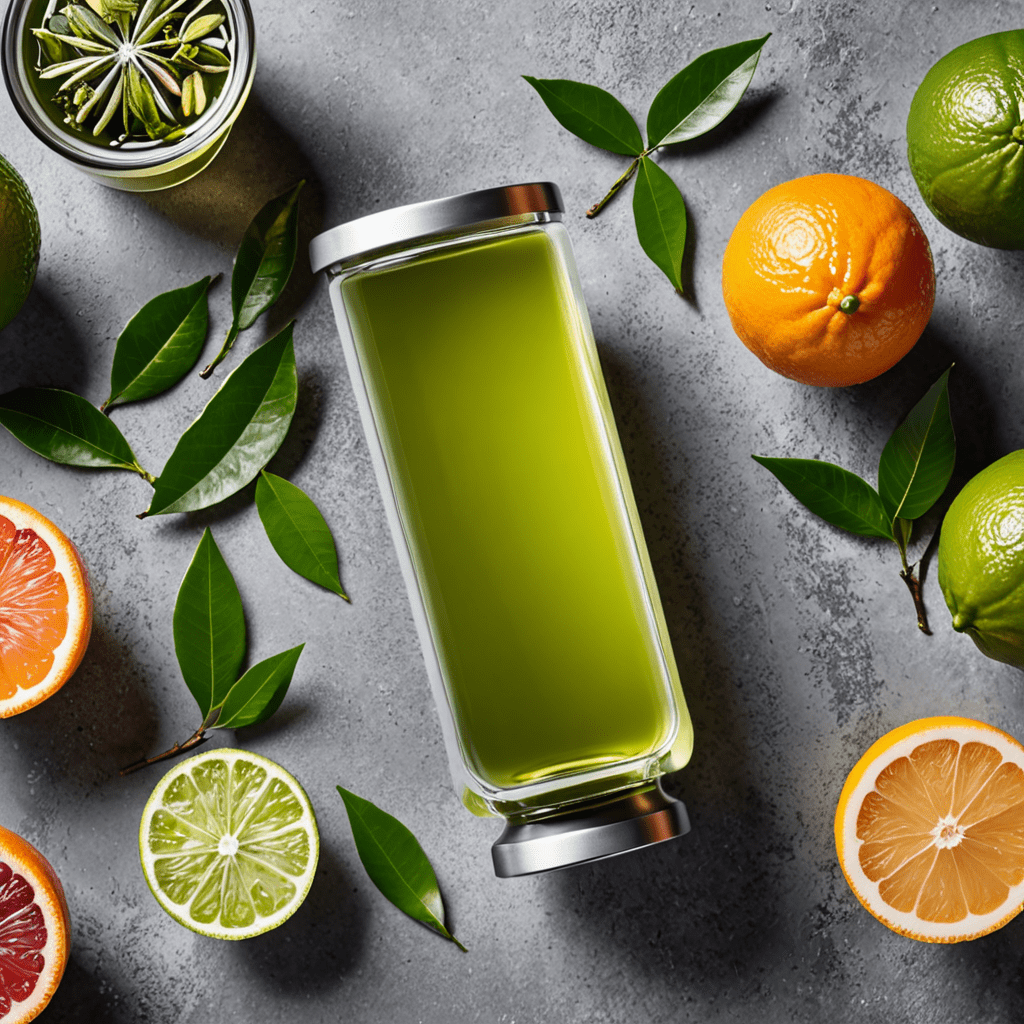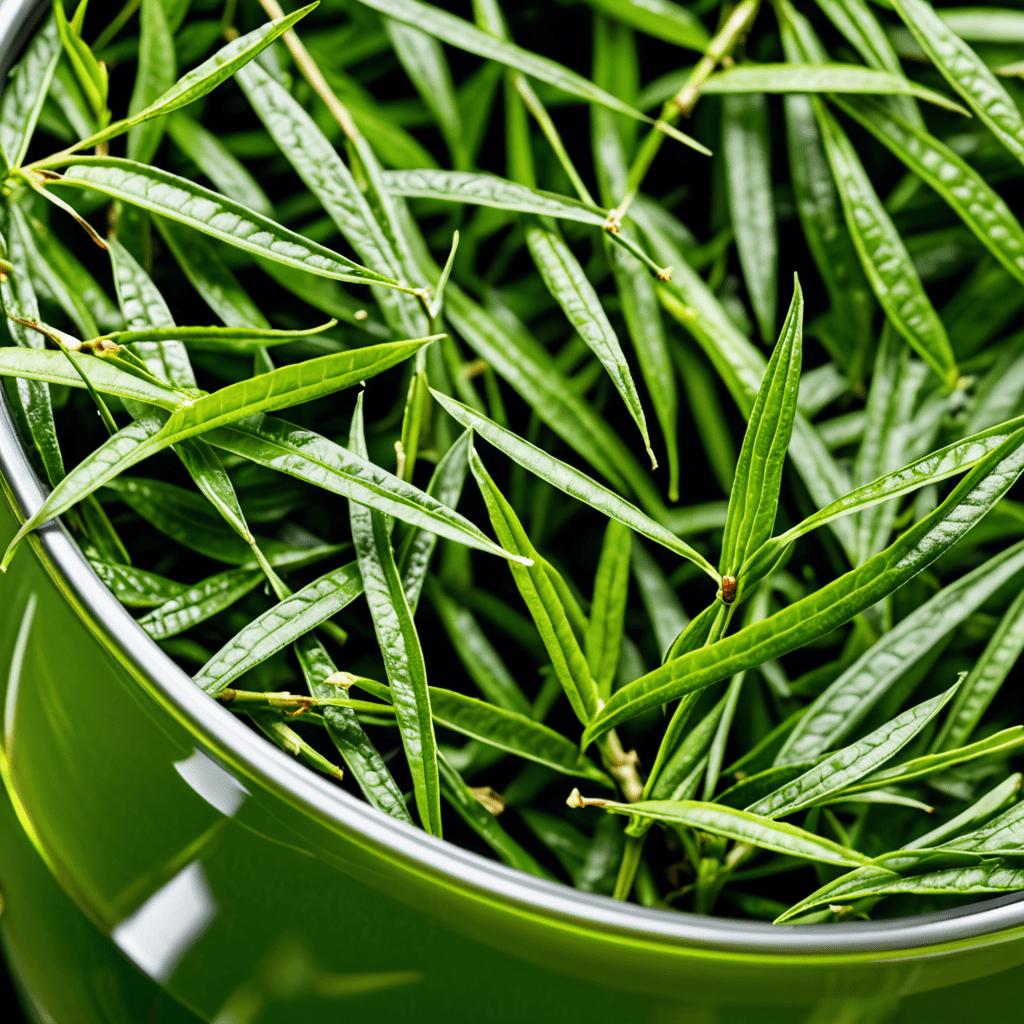1. Historical Origins and Ancient Rituals
Tea's journey in China is a chronicle spanning millennia, its roots tracing back to ancient folklore and imperial practices. Legends attribute the discovery of tea to Emperor Shennong, a revered cultivator of medicinal herbs who inadvertently tasted tea leaves infused in his boiling water around 2737 BC.
2. Tea as a Symbol of Hospitality and Socialization
In Chinese culture, tea holds a profound significance as a symbol of hospitality, harmony, and social cohesion. Tea ceremonies and tea gatherings became a hallmark of social interactions. They provided a space for leisurely discussions, cultivating friendships, and bridging cultural gaps.
3. The Cultural Significance of Tea Ceremonies
Chinese tea ceremonies encompass a meticulously choreographed set of rituals and customs, reflecting a deep respect for tradition and nature. They encompass specific steps, including preparing and serving tea, each movement imbued with symbolic and aesthetic values. These ceremonies serve as expressions of gratitude, respect, and harmonious connections.
4. Tea and Literature: Poetic Inspiration and Literary Themes
Chinese literature is deeply entwined with tea, its subtle flavors and evocative qualities providing inspiration to renowned poets and scholars throughout history. From the "Tea Classic" penned by Lu Yu in the 8th century to the poetic musings of Bai Juyi and Su Shi in the Tang and Song dynasties, tea's essence permeates literary masterpieces, capturing its cultural significance and timeless charm.
5. Tea's Role in Chinese Medicine and Health Beliefs
Beyond its cultural symbolism, tea also holds a central place in traditional Chinese medicine (TCM). It is believed to possess therapeutic properties, aiding digestion, invigorating the mind, and promoting overall well-being. Herbal tea blends are commonly used as natural remedies to alleviate various ailments and maintain health.
6. The Diffusion of Tea Culture East and West
China's tea culture spread eastward to Japan, Korea, and Southeast Asia, where it took root and evolved into distinct regional tea traditions. In the West, tea was introduced through trade routes in the 16th century, initially gaining popularity in England before becoming a beloved beverage worldwide.
7. Global Tea Production and Trade
Today, China remains the world's leading producer and exporter of tea, with vast plantations spanning diverse regions like Yunnan and Fujian. Tea production has become a global industry, with countries like Kenya, India, and Sri Lanka contributing significantly to the global tea supply.
8. Tea as a Contemporary Luxury and Status Symbol
In modern times, tea has gained recognition as a luxury commodity, with premium-grade varieties commanding high prices. Rare and exquisitely crafted teas are often associated with status and exclusivity, becoming sought-after items among tea connoisseurs and collectors.
9. Reviving Traditional Tea Practices in Modern China
In recent years, there has been a resurgence of interest in traditional Chinese tea practices. Tea enthusiasts are rediscovering the art of tea ceremonies, seeking to preserve and传承 cultural heritage while appreciating the refined flavors and holistic benefits of tea.
10. The Continuing Legacy of Tea in Chinese Culture and Beyond
Tea remains an integral part of Chinese culture, deeply embedded in its history, traditions, and daily life. Beyond China, tea has become a global phenomenon, enjoyed by people from diverse backgrounds, uniting them through its shared heritage and timeless appeal.
Frequently Asked Questions
Q: What are the main types of Chinese tea?
A: Chinese teas are categorized into six main types: green, white, yellow, oolong, black, and post-fermented. Each type exhibits unique processing methods and flavor profiles.
Q: How do I make the perfect cup of tea?
A: The art of brewing tea varies depending on the type of tea. However, some general guidelines include using fresh, filtered water, heating water to the desired temperature for each tea type, and steeping for the appropriate amount of time.
Q: What are some of the health benefits associated with tea?
A: Tea is rich in antioxidants and has been linked to numerous health benefits, including improved heart health, reduced inflammation, and enhanced cognitive function.


